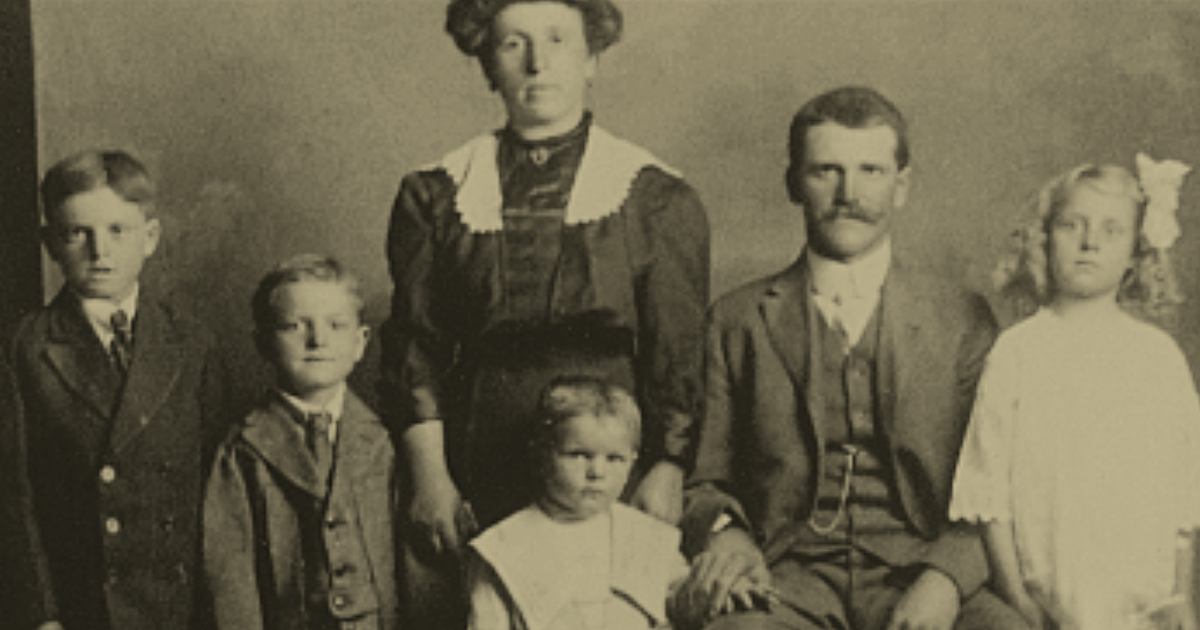Genealogical research can be a deeply rewarding endeavor, unveiling connections to the past and illuminating family histories that span generations. One critical aspect of this intricate puzzle is setting out on the path of document discovery with accurate family names. Whether tracing lineage back to the hills of Tuscany or the mining towns of the American Wild West, names are the key that unlocks the door to historical records, family trees, and ancestral narratives. However, names are not static; they evolve, adapt, and sometimes, they change completely. Understanding these nuances is crucial for successful genealogical research.
The Evolution of Family Names
Family names, or surnames, have a rich history of transformation. A single surname can have multiple variations, depending on the region, time period, and even the whims of local record keepers. Take the surname Bodoira, for instance. In different historical contexts and locations, you might encounter variations such as Bodoira, Bodoyra, or Bodojra. Such discrepancies can present significant challenges when piecing together genealogical records.
In the case of emigration, names often underwent dramatic changes. When the Bodoira family emigrated to the United States, their surname might have been shortened or anglicized to Bodo (The Bodos: From Italy to the Ranch, p. 17). This transformation was sometimes voluntary, in an effort to assimilate, but often it was a result of misinterpretation by officials at entry points like Ellis Island. Therefore, it’s essential for genealogists to be aware of potential name variations and to search records with a flexible approach.
First Names and Cultural Shifts
First names, like surnames, can vary significantly over time and across regions. Historical periods, such as the Napoleonic era, had distinct conventions for names. For example, an individual named Pietro in Italy might appear as Pierre in French-dominated records of the same period. This practice was common in regions under foreign rule or influence, where local names were recorded in the language of the governing power.
These variations can complicate genealogical searches, particularly when records are sparse or fragmented. Researchers must be open to the possibility that a name might appear in an unfamiliar form. This awareness can lead to the discovery of crucial records that might otherwise be overlooked.
The Mystery of Missing Records
One common challenge in genealogical research is the frustrating experience of being unable to locate a birth record for an ancestor, even when you are confident of the surname and approximate location. In Italy, a significant cultural practice may explain this conundrum: the tradition of using initials such as N.N. (Nomen Nescio, meaning “name unknown”) for children born out of wedlock or whose parentage was unclear. These children often did not inherit a family surname, or their names were recorded in a manner that reflects their uncertain lineage.
When searching for Italian records, especially from earlier centuries, be aware of this practice. It’s possible that an ancestor’s birth record might not bear the family surname you expect, but instead, a notation indicating their unknown parentage. This knowledge can guide you to records that might otherwise seem unrelated to your research.
Why Discrepancies Matter
The importance of accurate name records extends beyond personal curiosity or the desire to build a family tree. For those seeking to apply for Italian dual citizenship, precise documentation of lineage is critical. Inconsistent or inaccurate names in genealogical records can create significant obstacles in proving the continuity of family ties. Understanding the historical context of name variations and being thorough in research can make a substantial difference in the success of such applications.
In conclusion, the journey through the past is made clearer and more accurate with an understanding of the fluid nature of names. By recognizing and accounting for the historical and cultural shifts in naming conventions, genealogists can piece together a more accurate and complete picture of their family’s history. Happy researching!
